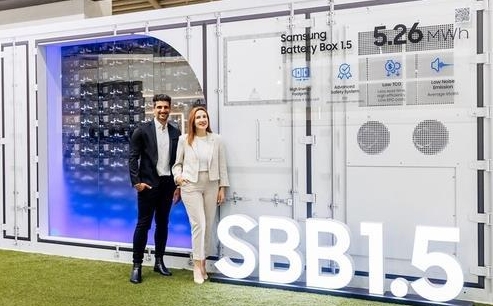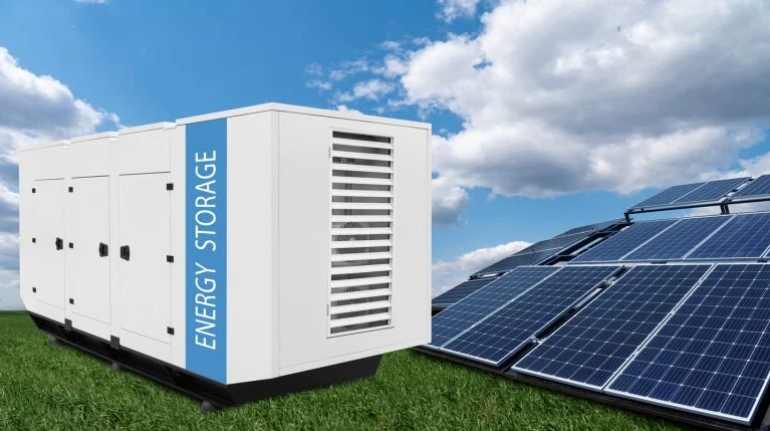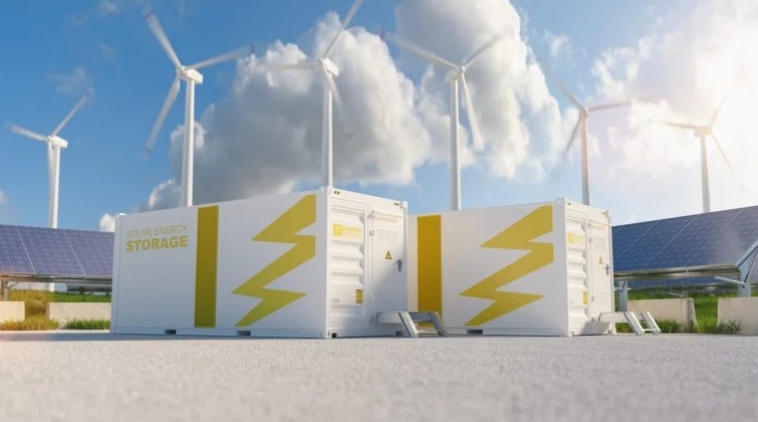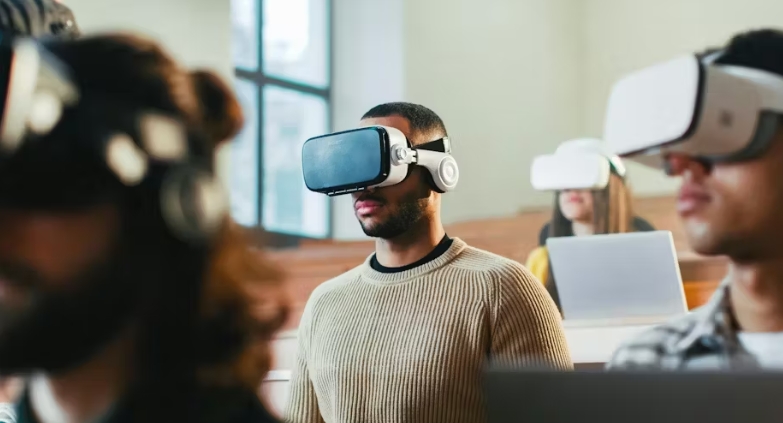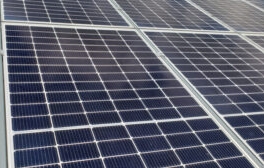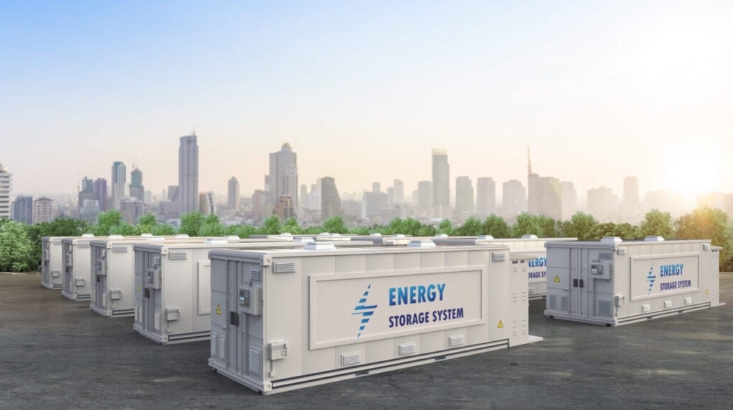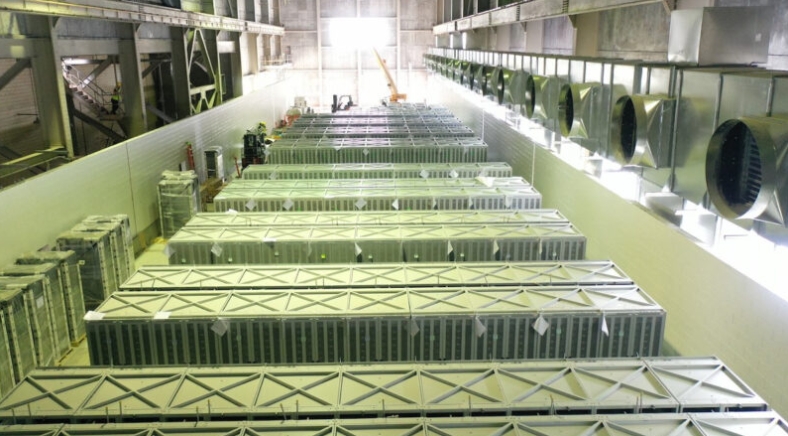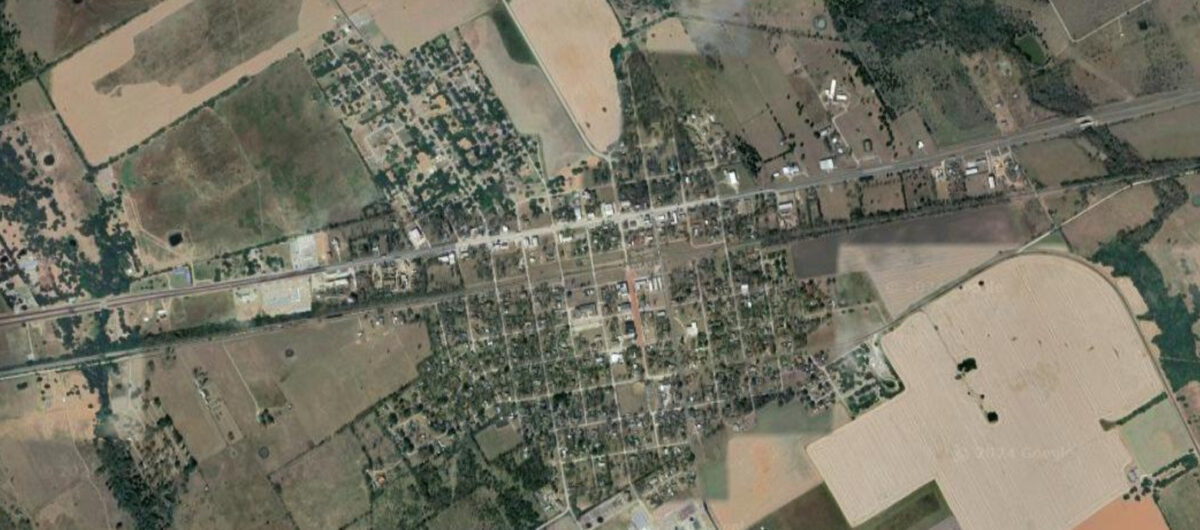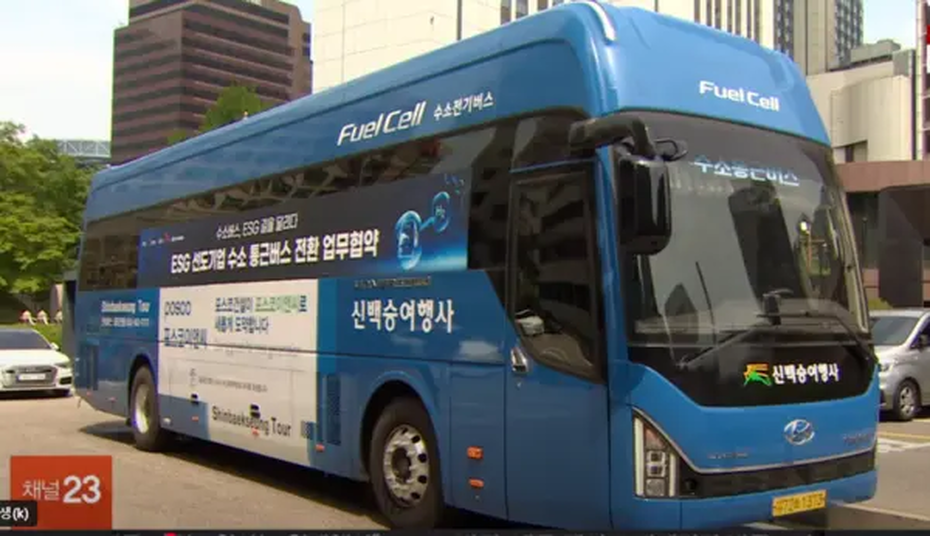
The Ministry of Environment announced on Jan. 1 that it had finalized the “2025 Hydrogen Electric Vehicle Subsidy Program Guidelines,” which will take effect on Jan. 2. The subsidy administration guidelines for the previous year were announced on Jan. 15, 2024, and took effect on the same day.
The revised subsidy guidelines aim to promote high-performance vehicles while strengthening repair and safety inspection systems. The new performance evaluation criteria for hydrogen buses, established in August last year, will assess 11 factors, including hydrogen fuel cell output and driving range per charge. Only vehicles meeting these standards will receive purchase subsidies. Hydrogen buses that fail to meet specific benchmarks, such as fuel cell output and driving range, will face subsidy reductions. For example, if the fuel cell output is below 110 kW for low-floor buses or 160 kW for high-floor buses, 600,000 won (approximately $408) will be deducted per kilowatt. Similarly, if the driving range per charge is below 750 km for low-floor buses or 960 km for high-floor buses, 60,000 won will be deducted per kilometer.
Hydrogen bus manufacturers are required to expand maintenance centers and provide on-site emergency response services. They must establish at least one maintenance center in every region where hydrogen buses are supplied. If more than 100 buses are supplied in the same region, at least two centers are required, and three centers are needed for over 500 buses. This measure addresses frequent breakdowns and the lack of maintenance centers, which have hindered hydrogen bus expansion.
This year, the government plans to provide subsidies for 11,000 hydrogen passenger cars and 2,000 hydrogen buses, an increase from last year’s target of 6,800 passenger cars and 1,720 buses. Additionally, the number of hydrogen charging stations, which totaled 386 as of last year, will be expanded to over 450 this year to improve convenience.
Subsidy amounts for each vehicle type remain unchanged from last year. Hyundai Motor’s low-floor hydrogen bus model, the Elec City FCEV, will receive 210 million won, while the high-floor Universe Fuel Cell Bus will receive 260 million won. The Nexo hydrogen fuel cell passenger car will receive 22.5 million won, and hydrogen freight vehicles will be eligible for 250 million won in subsidies.
